Canalys: iPhone outsold all Windows Mobile phones in Q2 2009
"Apple has revolutionized the smart phone sector, leapfrogging more experienced rivals," Canalys senior analyst Pete Cunningham said in the company's report. Sales in the second quarter did not include much of the surge in new sales spurred by the release of the iPhone 3GS.
In the North American market, the iPhone grabbed a 23% share of smartphones sold, despite being tied to a single carrier in the US. Apple's US debut occurred months before sales were expanded to other countries, and international sales of iPhone really began a year later with the launch of the iPhone 3G. RIM held a commanding 52% share of US smartphones.
In Europe, the Middle East and Africa, Nokia maintained a 64% share while Apple took second place with 13.6%, followed by third place RIM with 10.3%. Those numbers indicate Apple has been much better at competing internationally against Nokia than RIM has, despite its having been in the smartphone business for nearly a decade compared to Apple's barely two year old iPhone assault.
Worldwide, Nokia still leads smartphone sales with 44.3% of the market, but that represents a significant slide over the last few years. As recently as 2006, Nokia's Symbian platform accounted for over 72% of smartphones sold; now it represents just 50.3%.
Nokia has particularly lost ground among business users due to the popularity of RIM's BlackBerry, which now claims a 20.9% share of smartphones. Nokia recently announced a "partnership" with Microsoft, which largely just involves porting Pocket Office apps to Symbian in a bid to make Nokia's devices more competitive with the BlackBerry.
But Nokia is also being battered in consumer markets by Apple's popular iPhone, which in just two years has surpassed the sum total of all vendors' Windows Mobile sales put together as well as the remains of the once significant Palm. Apple's rapid success is particularly noteworthy when compared to Google's free Android platform, which in a similar period of time has only managed to leave its brand on 2.8% of the smartphone market.
Canalys also notes that the iPhone's touchscreen form factor is emerging as the most popular, representing nearly 40% of all smartphones sold, compared to 12.3% being keypad devices like the Palm Treo or BlackBerry and just 10.7% being keyboard devices like those sold by HTC using Windows Mobile.
The perils of a competitive landscape
Chris Jones, a Canalys VP and principal analyst, contrasted the emerging smartphone market with that of desktop computers, saying "PCs are a highly standardised, commoditised platform, where one model is often largely indistinguishable from another. Consequently, PC price points are incredibly low, which is good for customers, but the industry lacks excitement.
"Smart phones are different – Nokia, Apple, RIM and Palm have all achieved success by developing their own operating systems and delivering distinct devices and interfaces. Android customisation will further add to this diverse mix. As a result, new smart phones are front page news around the world."
With healthy competition between platforms in the smartphone industry, Jones wrote that "independent application providers face the cumbersome process of porting apps to multiple operating systems. The main loser has been Microsoft’s highly standardised Windows Mobile platform. Its smart phone market share has now fallen below 10% and the trend is likely to continue as many of its OEM partners, including HTC, Motorola and Palm, are focusing investment on other platforms."
 Prince McLean
Prince McLean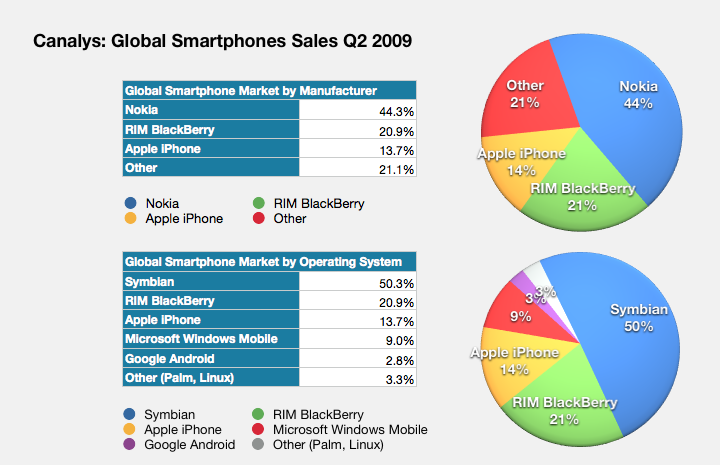


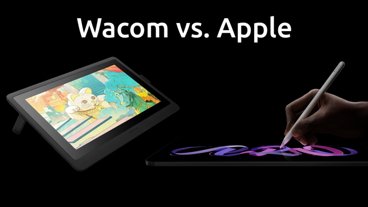
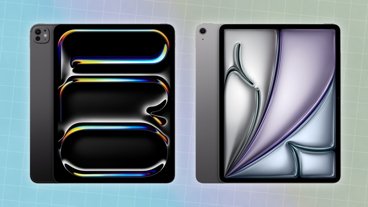
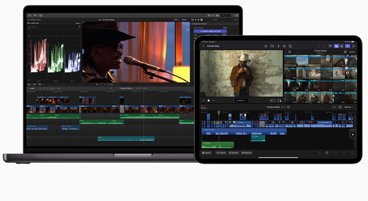
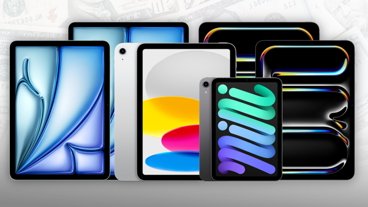







 Malcolm Owen
Malcolm Owen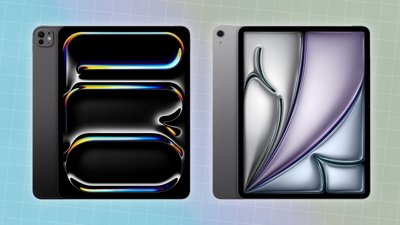
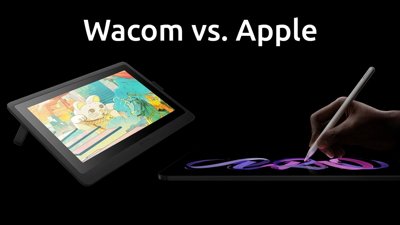
 Amber Neely
Amber Neely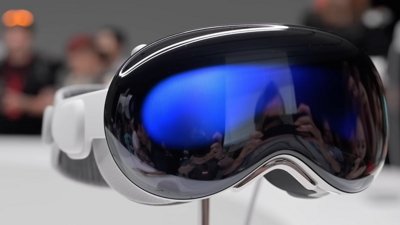

 Marko Zivkovic
Marko Zivkovic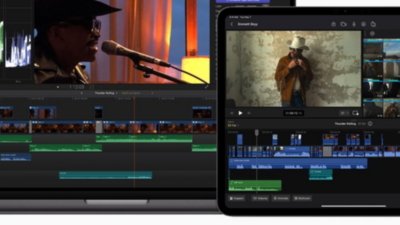
 David Schloss
David Schloss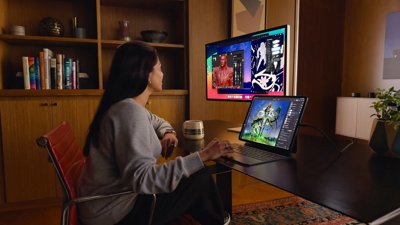
 Wesley Hilliard
Wesley Hilliard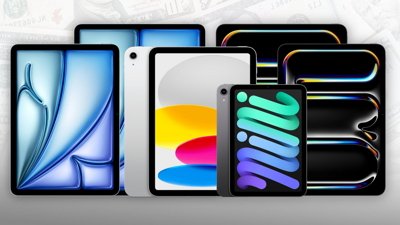
 Mike Wuerthele and Malcolm Owen
Mike Wuerthele and Malcolm Owen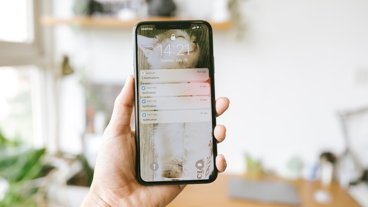
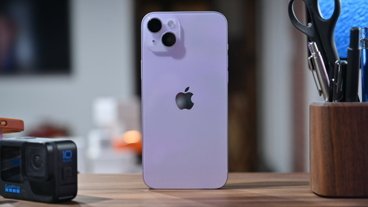
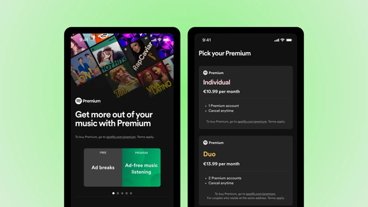







81 Comments
The main loser has been Microsoft?s highly standardised Windows Mobile platform. Its smart phone market share has now fallen below 10% and the trend is likely to continue as many of its OEM partners, including HTC, Motorola and Palm, are focusing investment on other platforms."
Highly standardized ? How is Windows "highly standardized" when it's proprietary through and through ? It's not more standard than Symbian, WebOS or iPhoneOS...
Windows as a 1000 pounds gorilla, undoubtedly yes ! But as a standard ? No way !
Big Chair-throwing Party At Steve's 2Night!
(Wear absorbent clothing)
Highly standardized ? How is Windows "highly standardized" when it's proprietary through and through ? It's not more standard than Symbian, WebOS or iPhoneOS...
Windows as a 1000 pounds gorilla, undoubtedly yes ! But as a standard ? No way !
Standard level of design skill for M$ though
If Microsoft wants to seriously compete in the SmartPhone market they need to produce their own handset. Android and other Linux based operating systems are going to dominate the non-Apple, non-RIM market for obvious reasons. Microsoft needs to understand it's not the early 80s -- the world has changed. Running mediocre software on your choice of dozens of mediocre hardware platforms doesn't cut it anymore. Google will very likely face the same problem with Android. In their case the software is good but most of these handset makers will do *anything* to save a few bucks which almost always results in subpar hardware.
Microsoft needs to understand it's not the early 80s -- the world has changed.
Understanding it is not the 80s is one thing, having a clue what to do is another...
I get the feeling that Microsoft has a bunch of really smart people who have no direction. CEO Balmer gives every impression that he is a clueless buffoon. I truly feel sorry for the people who work for him...